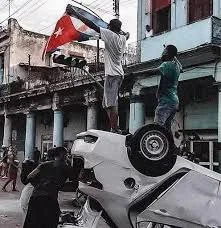
“The conditions in Cuba are tough for those dissenting,” Alina Bárbara López says. “I have refused to flee Cuba and that strengthens the pressure on me. Nevertheless, I believe it is possible to get involved.”

“The conditions in Cuba are tough for those dissenting,” Alina Bárbara López says. “I have refused to flee Cuba and that strengthens the pressure on me. Nevertheless, I believe it is possible to get involved.”
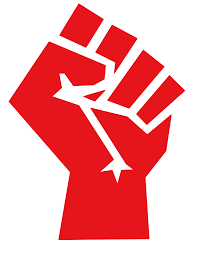
In this panorama, different organizations and collectives of the independent left see the need to form an Independent, Anti-capitalist and Anti-Patriarchal Left Bloc to strengthen the organization and mobilization independent of the government and the right.

The verticality of the 1959 revolutionary process took us by its own logic and dynamism to the extreme authoritarianism and total absence of democracy in today’s Cuba.
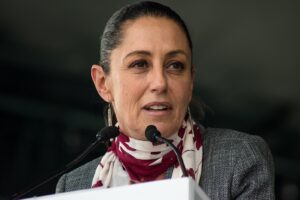
laudia Sheinbaum, the ruling party’s 2024 presidential candidate, does not have AMLO’s power and is unlikely to enjoy his level of support among legislators.
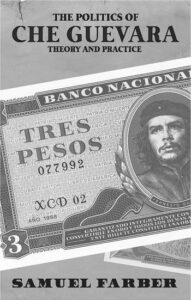
Samuel Farber defends his critique of Che Guevara as an anti-democratic figure that undermined the socialist cause in Cuba.
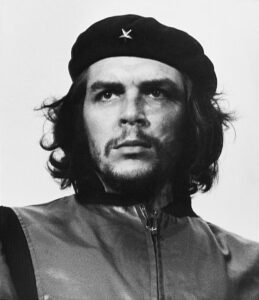
Janette Habel and Michael Löwy defend the political and intellectual legacy of Che Guevara as a Marxist, against Samuel Farber’s critique.
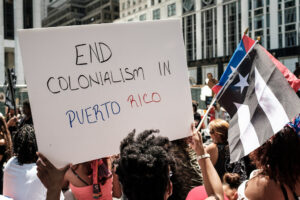
Puerto Rican socialist Rafael Bernabe calls for a Green New Deal in Puerto Rico, to facilitate its economic and ecological reconstruction.
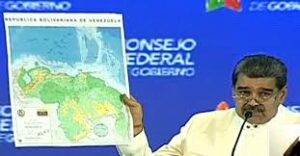
Venezuelan President Nicolás Maduro shows new map of Venezuela’s incorporation Eusebio Province of Guyana.
The United States has taken the first steps in becoming involved in a potential war between Venezuela and Guyana. President Nicolás Maduro of Venezuela is claiming the . . .

Alina Bárbara López Hernández
In the closing address to the tenth congress of the Committees for the Defense of the Revolution (CDR -the street level vigilance committees) that took place on September 28 of this year, the president of the Cuban . . .
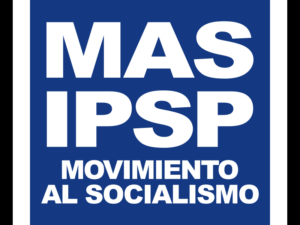
It is undeniabe that Luis Arce, the President of Bolivia, is no longer responding to the demands of his ex-boss, former President Evo Morales.
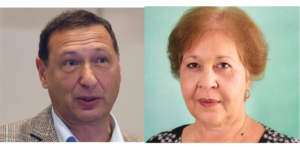
As I write (and you read) these lines, two intellectuals, two friends, are persecuted by the respective governments of their countries. Alina Barbara López Hernández in Cuba, and Boris Kagarlitsky in Rusia.

We must continue to remember so that no one is forgotten, so that no face is forgotten, and so that our experience is not forgotten.
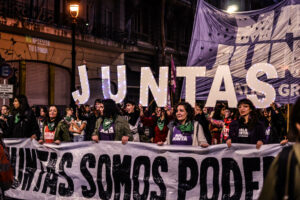
In their review of Gaudichaud et al.’s book, “The Impasse of the Latin American Left,” Paley and Whitener call for greater focus on autonomous social movements.